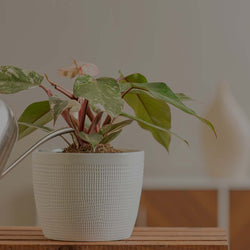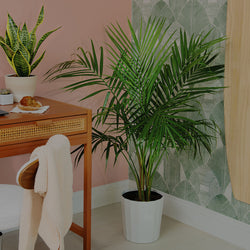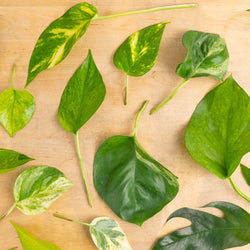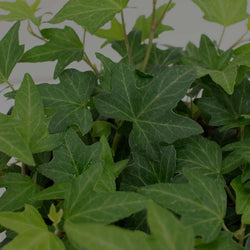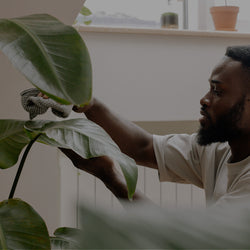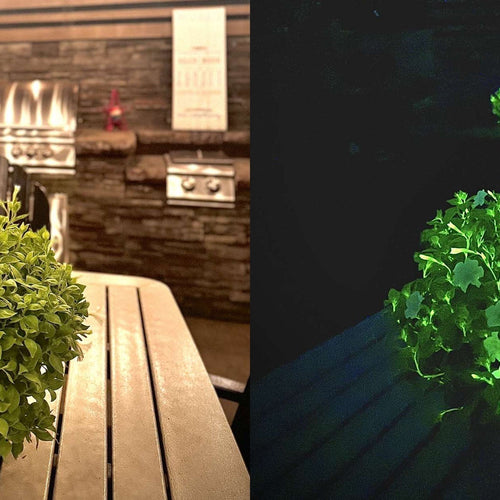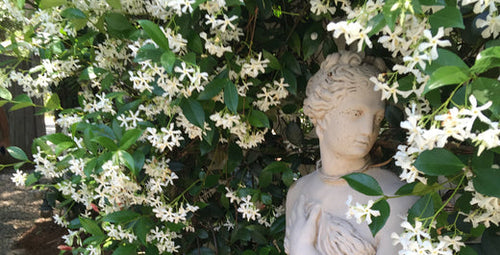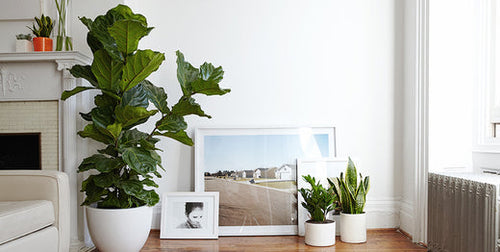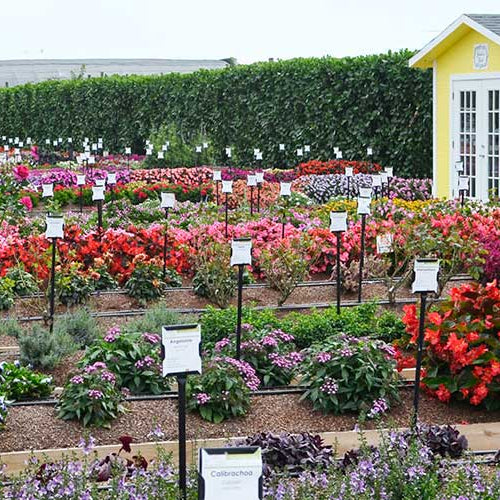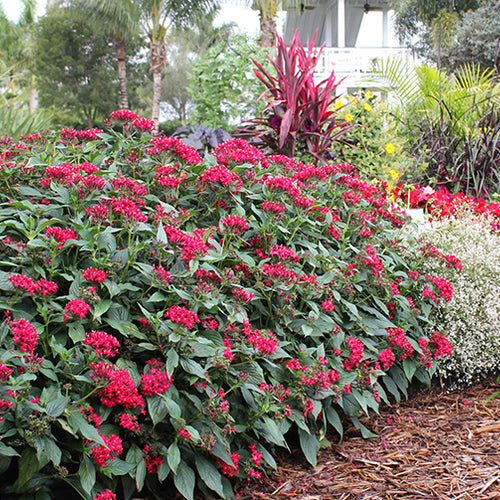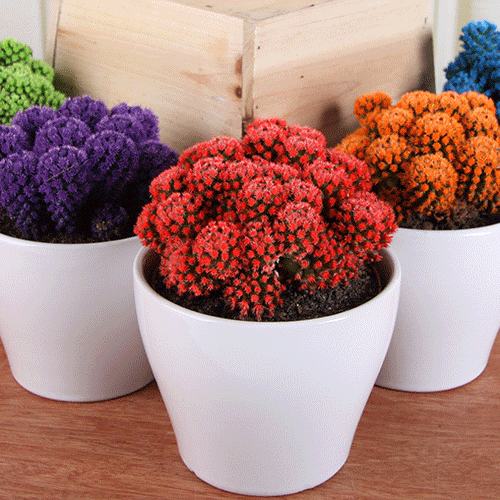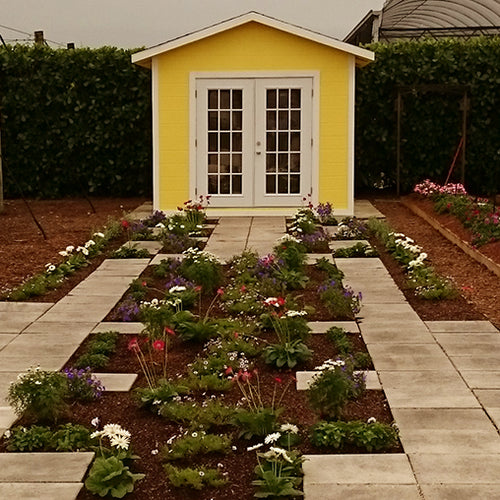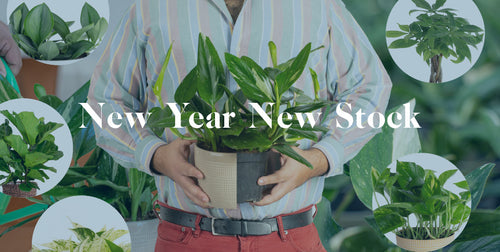Did you know that your health and well-being are impacted by your environment?
If you garden or have plants inside your house, you have a relationship with nature. This is what the concept of biophilia is all about. It’s the need for humans to seek connections with nature, to relate with other forms of life.
The term, biophilia, was coined by psychologist Eric Fromm in 1964, but was more recently popularized by biologist Edward Wilson in 1984 in his book Biophilia.
Wilson’s hypothesis is that humans’ affinity for natural life is part of what binds us to other living things. He said, “Nature holds the key to our aesthetic, intellectual, cognitive and even spiritual satisfaction.”
As a gardener, you create a connection with nature every time you nurture a seedling, plant a begonia, or water the philodendron in your kitchen. And these moments will help you be more connected, grateful, and happy. In Biophilia, Wilson posits that “to the degree that we come to understand other organisms, we will place a greater value on them, and on ourselves.” And our relationship with nature provides layers of important benefits: emotional fulfillment, physical movement, and spiritual connection.
Rachel Carson, author of Silent Spring and the mother of the modern environmental movement, said it best. “Those who contemplate the beauty of the earth find reserves of strength that will endure as long as life lasts. There is something infinitely healing in the repeated refrains of nature—the assurance that dawn comes after night, and spring after winter.”
So if you need to feel more connected to the world, there's an easy solution: surround yourself with plants.
Discover how plants can make you more mindful.
Check out other ways houseplants may make you healthier.
Written by Karen Weir-Jimerson
